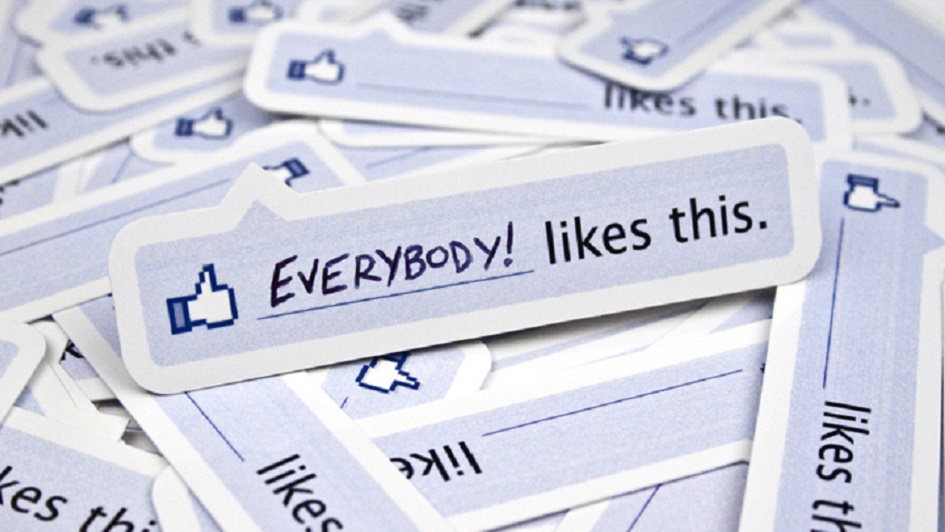
There is a disturbingly misguided popularity contest among brands being hosted on Facebook these days. The frenzy among brand marketers looking to engage consumers in social dialogue has created an unhealthy new benchmark of brand health – the number of Likes they have. Social media is indeed revolutionizing the way brands and consumers interact. Marketers should be investing in new, better ways to listen, share, co-create and otherwise communicate with consumers. But the end goal cannot be to amass Likes, as if they are votes of brand equity, because they are not. In fact, I don’t know any good brand manager who wants everyone to “like” his or her brand. They should want a growing group to love their brand, even if that means another group doesn’t.
Simply being liked isn’t really the point of branding. From Harley-Davidson to Horizon Organic to GoDaddy.com, successful brands often appeal deeply to one consumer group – in some cases forming an identity with cult-like status – while completely turning off other consumers, who simply don’t get the point or even actively dislike the brand’s values. Polarity can be good branding. Standing firmly for something (like every brand should) also means not standing for something else. Having a strong purpose, set of values and beliefs is what builds genuine equity, not some quasi-measure of popularity. It’s too bad Facebook doesn’t offer a Love or Hate button, which might be more telling just how influential a brand really is.
Of course, the real area of concern is the brands people in general just don’t care about. They offer nothing special to anybody in particular. This is a troubling state, but can be remedied. Some previously ignored brands that have reawakened and found new purpose (and marketplace success) include Burberry, Old Spice and Mountain Dew.
SEE ALSO: Arm the Insurgents! Aggressive Branding in the Digital Age
These reinventions worked because the brands offer more than product features and benefits, they solve consumer needs in a compelling and unique way, and offer a clear point of view. Take Mountain Dew, formerly a kind of quirky, rural refresher relegated to a fringe existence, and now an icon of young energy and extreme sports, proudly thriving on the edge. For high school kids, Mountain Dew is part of the conversation – and not about soft drinks – about the extreme lifestyle that it foments. And they have successfully leveraged social media and co-creation in so many great ways. But there are plenty of people they shouldn’t want liking them, say, my great aunt Rae.
What’s deeply concerning is just how out of control Liking has gotten. A simple Internet search for “Facebook likes” produces dozens of companies offering to sell me the fans I need to seem popular. One company promises “750+ guaranteed Facebook Likes Delivered Within 48 Hours” for only $19.99. They reassuringly promise these Likes will be “all humans.” Awesome. Now I can go sell! If you believe brands should passionately stand for something even if that means alienating a group of potential consumers, then please don’t Like this post.
Image source: Facebook Like Stickers by Ross Moody
